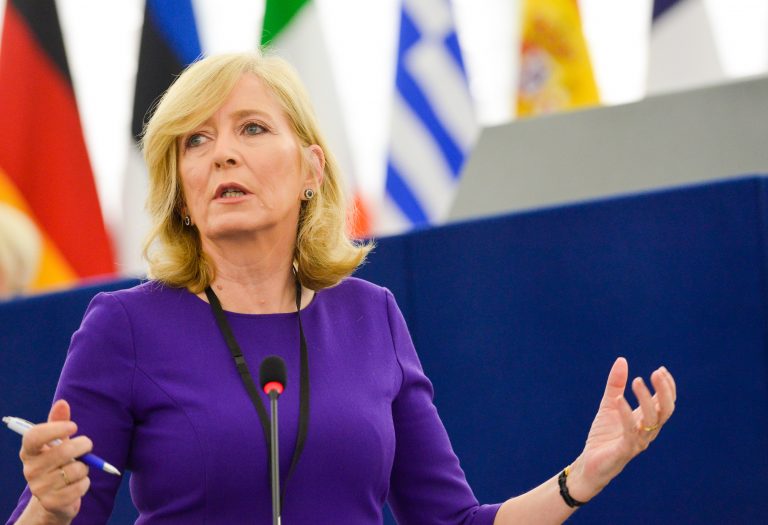Today the EU Ombudswoman published her analysis of the appointment procedure of Martin Selmayr as Secretary General of the EU Commission and criticised four incidents of maladministration. She agrees with Parliament’s assessment that „could be viewed as a coup-like action which stretched and possibly even overstretched the limits of the law“ and recommends that a more transparent procedure be established for future appointments of new Secretary-Generals. The Commission has three months until 4 December to reply in detail. The Ombudswoman then decides finally in this investigation.
MEP Sven Giegold, the European Parliament’s rapporteur for transparency, accountability and integrity in the EU institutions, comments:
„The unusually strong words of the EU Ombudswoman are a slap in the face for Jean-Claude Juncker’s blitz-promotion of his right hand. It is high time that the Commission develops more transparent and open rules for appointments. In times of skepticism and distrust in the European Union, Jean-Claude Juncker and Martin Selmayr have fuelled the impression of the European Union as self-serving old boys club. Through procedural reform, Juncker should take this millstone off the neck of the EU institutions in time for the European elections.
The Ombudswoman was right to criticise the collective failure of all Commissioners to stop the surprise tactics in this blitz-promotion. The EU Commission should rule out in its agenda setting procedure any new ambush and coercion.
The European Parliament must not lean back while confirmed by the Ombudsman but must put its own house in order. Parliament’s President Antonio Tajani must make the filling of his higest positions open and transparent.“
—-
EU-Ombudswoman’s press release of today: https://www.ombudsman.europa.eu/en/press-release/en/102716
Instances of maladministration in full
1) Failure to take appropriate measures to avoid the risk of a conflict of interests arising from the involvement of Mr Selmayr and/or other members of the President’s Cabinet in the decision-making leading to the creation and approval of the vacancy notice for Deputy Secretary-General (a vacancy for which Mr Selmayr highly likely knew he would apply for and later did).
2) Failure to ensure that the composition of the Consultative Committee on Appointments (CCA), for the selection of a Deputy Secretary-General, was in accordance with Article 10 of the CCA Rules of Procedure.
3) Holding a selection procedure for Deputy Secretary-General, which did not serve its stated purpose to fill the vacancy, but rather only to ensure that Mr Selmayr would be eligible for reassignment as Secretary-General.
4) As the impending retirement of Mr Italianer was kept secret, a situation of urgency to fill the post of Secretary-General was created artificially. Even then, this should not have prevented the Commission from launching a procedure to identify and evaluate possible candidates for Secretary-General before Mr Italianer would retire.
Green/EFA proposal for a reform of future appointments of senior management positions in the European Parliament:
http://extranet.greens-efa-service.eu/public/media/file/1/5555
European Parliament’s resolution of 18 April 2018: http://www.europarl.europa.eu/sides/getDoc.do?pubRef=-//EP//TEXT+TA+P8-TA-2018-0117+0+DOC+XML+V0//EN
The European Parliament…
- States that the two-step nomination of the Secretary-General could be viewed as a coup-like action which stretched and possibly even overstretched the limits of the law;
- … calls on the Commission to conduct open and transparent application procedures in the future;
- … stresses that this requires notably that Articles 4, 7 and 29 of the Staff Regulations need to be fully respected so that all ‘vacant posts in an institution shall be notified to the staff of that institution, once the appointing authority decides that the vacancy is to be filled’ and that this obligation of transparency also needs to be respected for transfers under Article 7 of the Staff Regulations, apart from in very exceptional and duly motivated cases, as recognised by the Court of Justice;

